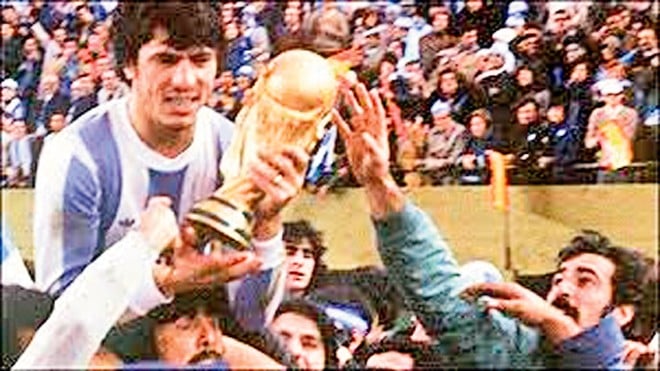

Since 1978, football and hockey World Cups have been staged in the same year. No need telling that the soccer event receives far more coverage and attention being the world’s most popular sport. In fact, after the Olympics, FIFA World Cup is the most widely seen sports event.
The Hockey World Cup is already underway with the final scheduled on the 15th of June. The Football World Cup will begin before the conclusion of the hockey event, on the 12th.
Whether there are technical similarities between the two field sports is sometimes a big debate among the sports followers as well as the experts.
Before the 2006 World Cup, the Germans were the reigning hockey World Champions and also the hot favourites to retain the title a few months later, which they did. On the other hand, the German national football team had been in disarray for quite some time.
They had reached the final of the 2002 World Cup, but since then it had been a downward slide. The worst came when in 2004 Germany even failed to reach the knockout stage at the European Nations Championships.
The German national football coach at the time, Jurgen Klinsmann, expressed his wish to have Bernhard Peters, the coach of the German national hockey team, as his technical director. Klinsmann had already had regular contacts with Peters.
According to him, Peters was the best man for developing Germany’s emerging young talent and for giving a modern touch to training methods of the national team.
Klinsmann’s statement sparked a huge debate. Karl-Heinz Rummenigge, president of Bayern Munich, acknowledged that Peters had "achieved much in hockey: in that sport we are among the world elite while in football at present we are nowhere".
Former Germany and Scotland coach Berti Vogts described the idea as a "carnival joke".
In the end, the anti-Peters faction won the day when the board of the German Football Federation (DFB) voted unanimously to appoint Matthias Sammer, a former international football player as the technical director.
This technical relationship between hockey and football has many examples. Famed Dutch coach Roelant Oeltmans, the man who has guided Holland to Olympics and World Cup titles, and is presently Hockey India’s high performance director, had a very successful tenure with top Dutch football club, FC Utrecht.
However, there has been a historic episode of a really productive technical relationship between the two sports at the very top level. The year was 1978 and the place Argentina.
That year, Argentina was to stage World Cups for both disciplines: hockey in March-April and football in June.
Throughout the hockey World Cup, a wonderful Pakistan team, managed by Abdul Waheed Khan and captained by Islahuddin, displayed a breath-taking attacking game which captivated crowds and connoisseurs alike.
During their victorious campaign, the Green-shirts created many records. They became only the first team to land the World Cup without losing (or even drawing) a single match. Pakistan’s goal difference of 31 goals (35 for and four against) remains a World Cup record. Their 35 goals was also a record for a single edition of the World Cup, bettered by Pakistan themselves in the next World Cup.
Records aside, it was the style and manner in which they pulverised the defence of strong European sides which endeared them to all and sundry.
According to their manager, Waheed Khan, Pakistan’s attacking strategy was based on the concept of double attack: if a move from the right side failed then they made all the possible efforts to immediately initiate a move from the left side on the assumption that most of the opponents’ defence had become concentrated on the right side, and vice versa. The utilisation of the wingers was also part of the grand plan.
Midway through the hockey World Cup, on a rest day, Waheed Khan was informed that Cesar Menotti, manager of the Argentine football team, had come by his personal plane to see him.
The long-haired, chain-smoker Menotti wanted to discuss in detail with Waheed the tactics to break a packed defence.
Waheed explained to Menotti his strategy of double attack, as well as the use of wingers whenever it became difficult to override the opposition through the middle. He watched a training session of the Pakistan team with Waheed.
"I explained to him practically. He noted a few points and then left the ground."
Argentina went on to win the football World Cup for the first time. Menotti sent Waheed a telegram acknowledging that the Pakistan hockey team’s ploys came handy to him.